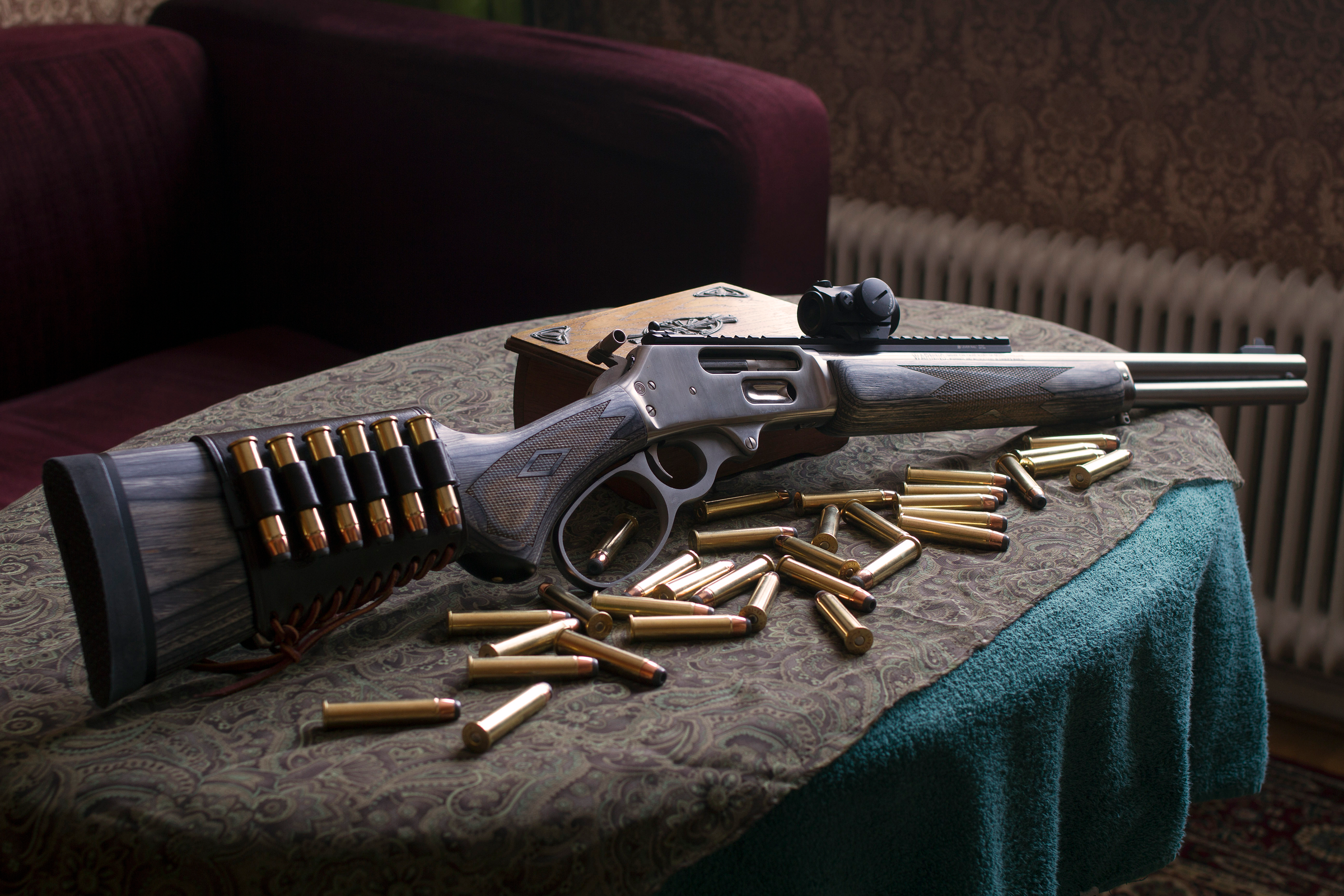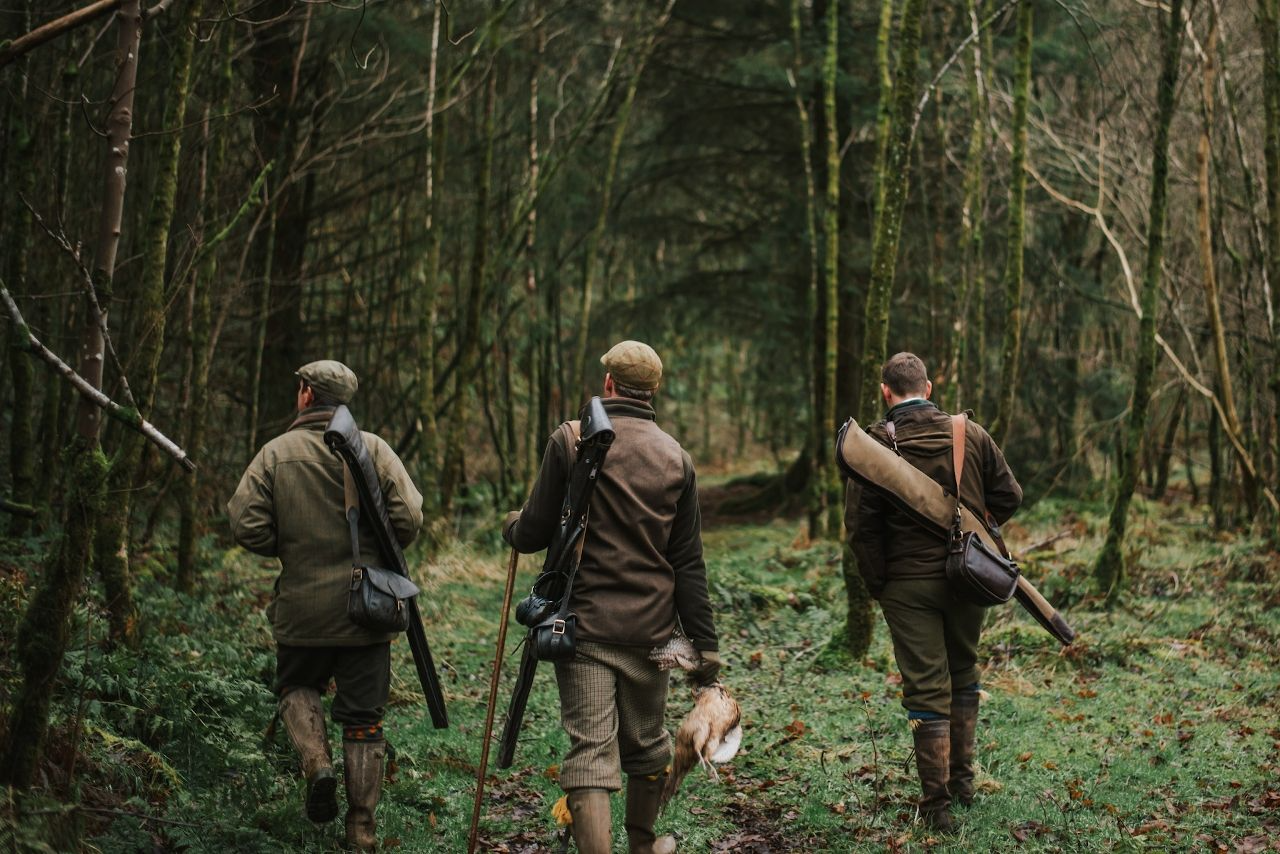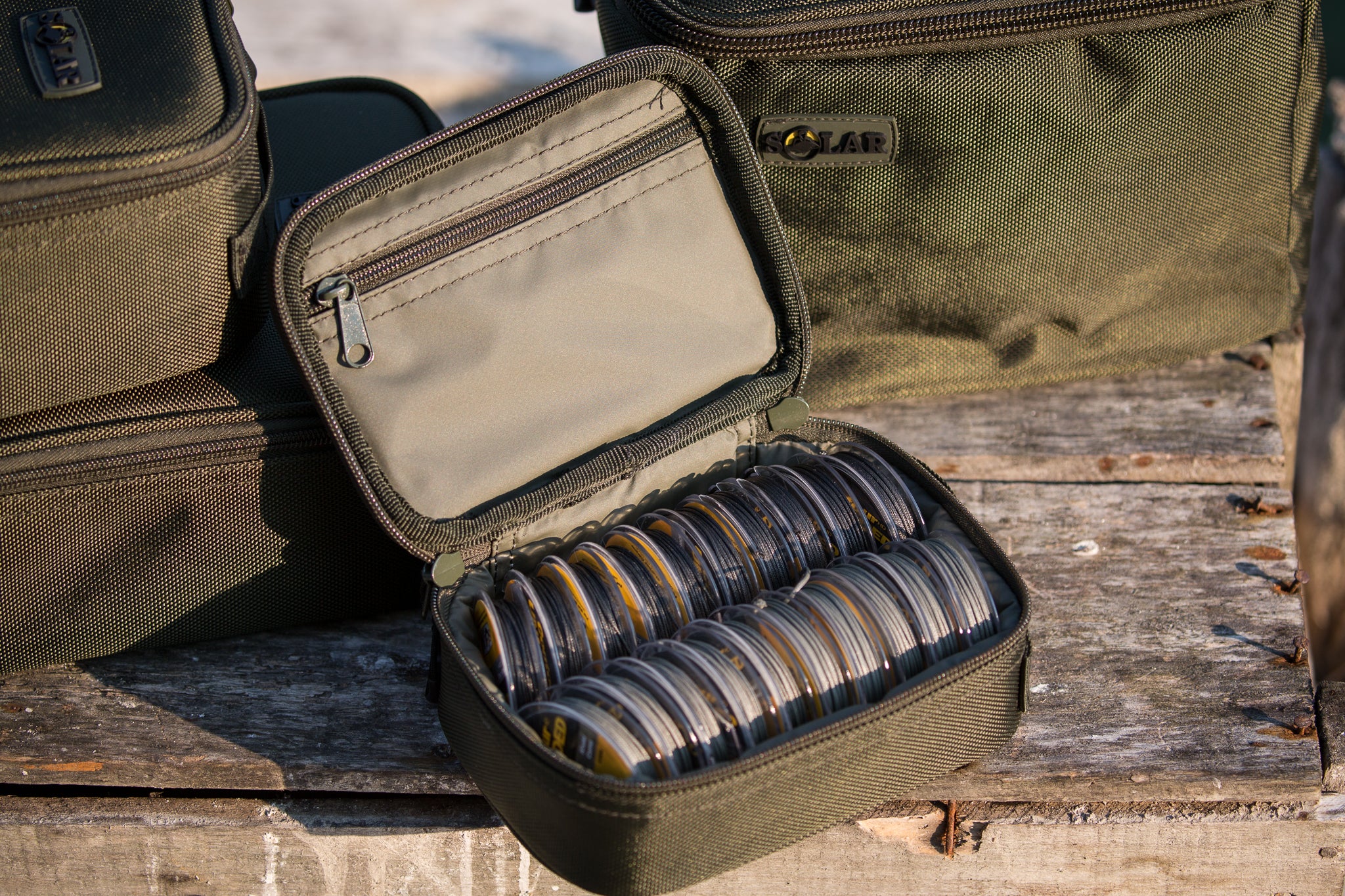Fishing rod cases & tubes: how to protect your gear like a pro
Whether you’re fly fishing in the backcountry or heading out on a weekend boat trip, your fishing rods are an investment—and they deserve to be protected like one. The right fishing rod case or tube isn’t just a convenience; it’s essential protection that ensures your gear arrives at the water in perfect condition.
From lightweight tubes for carry-on travel to hard cases for rugged terrain, here’s how to choose the best fishing rod case or tube for your needs and protect your gear like a seasoned angler.
Fishing rod cases & tubes: how to protect your gear like a pro
1. Why you need a rod case—even if you travel light
Fishing rods are precision tools made from sensitive materials like graphite and fiberglass. They’re vulnerable to:
-
Cracking or snapping during transport
-
Scratching and abrasion from other gear
-
Bent guides or damaged reel seats
Whether you're packing for a flight, a road trip, or a hike, a good case or tube keeps your gear safe from impact, compression, and the elements.
2. Types of fishing rod cases: what’s best for you?
Hard cases
Best for: Air travel, checked luggage, rough handling
Features:
-
Rigid outer shell (aluminum, PVC, or molded plastic)
-
Secure closures with foam-padded interiors
-
TSA-friendly locks or latches on premium models
-
Weatherproof and impact-resistant
Pro tip: Choose a case with internal straps to keep rods from shifting.
Soft rod cases
Best for: Local transport, light hiking, or casual use
Features:
-
Padded fabric or canvas construction
-
Zippered compartments for multiple rods
-
Shoulder straps for easy carrying
-
Lightweight and more flexible in tight spaces
Note: Soft cases offer less protection from impact—ideal for short distances or careful handling.
Rod tubes
Best for: Fly rods and multi-piece setups
Features:
-
Cylindrical, compact shape
-
Padded or lined interior
-
Often include reel compartments in combo models
-
Waterproof and crush-resistant options available
Ideal for: Backpacking anglers and carry-on travelers who need minimal, secure protection.
3. How to choose the right size and capacity?
Before purchasing, consider:
-
Number of rods: Some cases hold just one, while others store up to six or more
-
Rod length (assembled and disassembled): Most tubes fit rods from 7' to 10' when broken down
-
Reel-on vs. rod-only cases: Decide whether you want to keep your reel attached for quick setup
Pro tip: Choose a case with adjustable padding or dividers if you carry different rod types (spinning, baitcasting, or fly).
4. Travel considerations: packing and security
If you’re flying or traveling internationally:
-
Use lockable, TSA-approved hard cases
-
Add your contact info inside and outside the case
-
Pack with reel covers and line protection to prevent tangles
-
Check airline policies on sporting equipment ahead of time
Tip for road trips: Use a rooftop rod tube or collapsible case to save trunk space.
5. Additional features that add real value
-
Padded handles or removable shoulder straps
-
Waterproof zippers or sealed seams for protection in rain or splash zones
-
Reinforced end caps to prevent damage from drops
-
Modular compartments for reels, tackle, or accessories
Customization bonus: Some high-end cases allow name engraving or logo branding, making them great for gifts or professional guides.

6. Care and maintenance tips
To get the most out of your rod case:
-
Wipe it clean after trips to prevent mold or salt corrosion
-
Air-dry fabric cases before storage
-
Inspect zippers, straps, and padding for wear
-
Store rods in their sleeves inside the case to avoid friction damage
Storage tip: Keep your case in a cool, dry place—prolonging the life of both the case and the rods inside.
Final thought: fish smarter, travel safer
No matter your skill level, protecting your gear is part of fishing like a pro. A quality rod case or tube gives you peace of mind so you can focus on the water—not on the state of your equipment.
Whether you're hiking to a hidden lake or boarding a plane for a destination trip, pack like a seasoned angler—because smart protection is just as important as a sharp hook.























